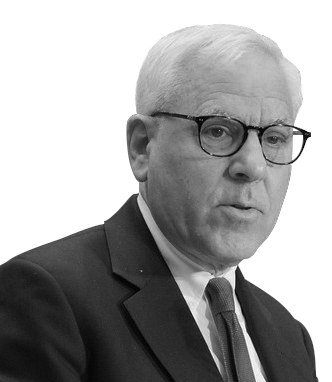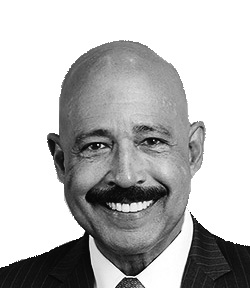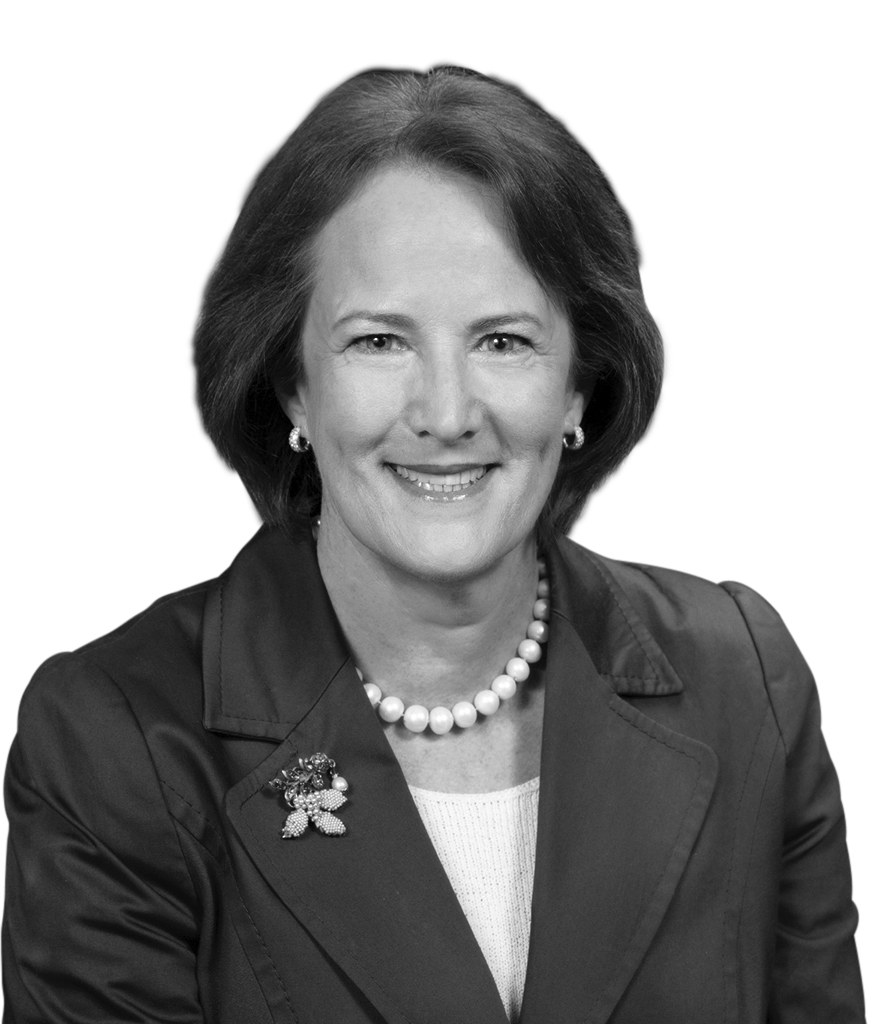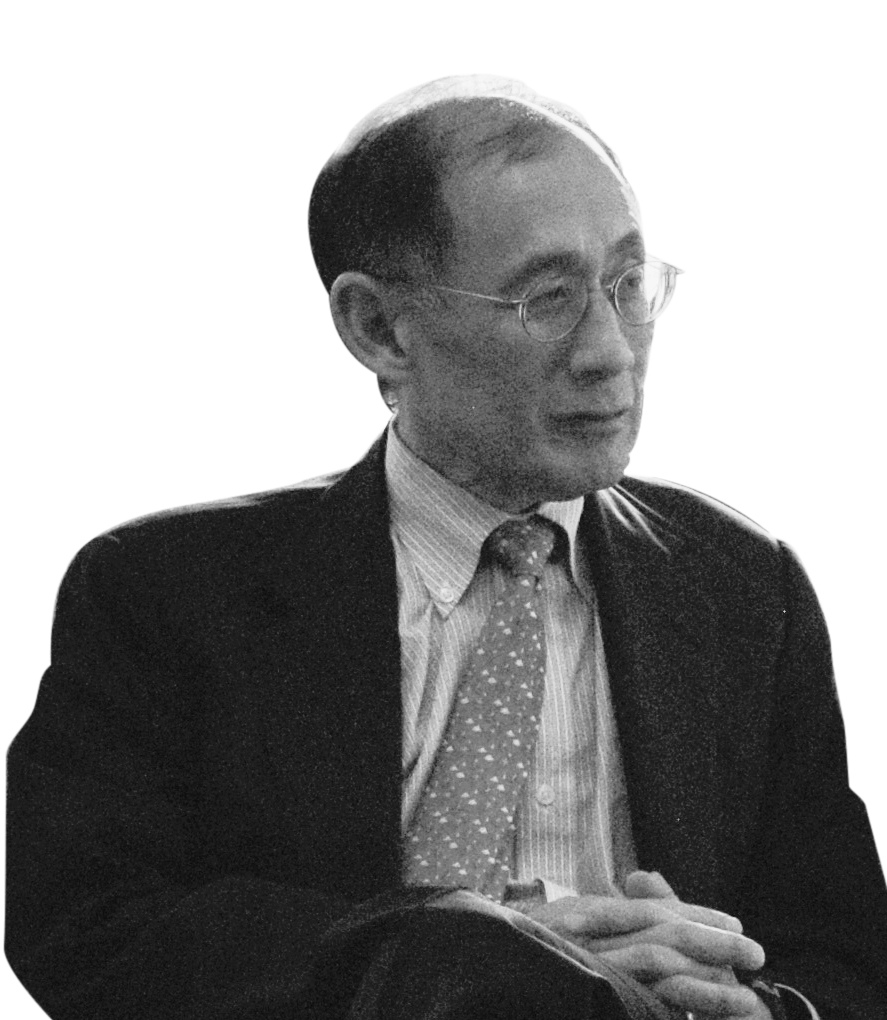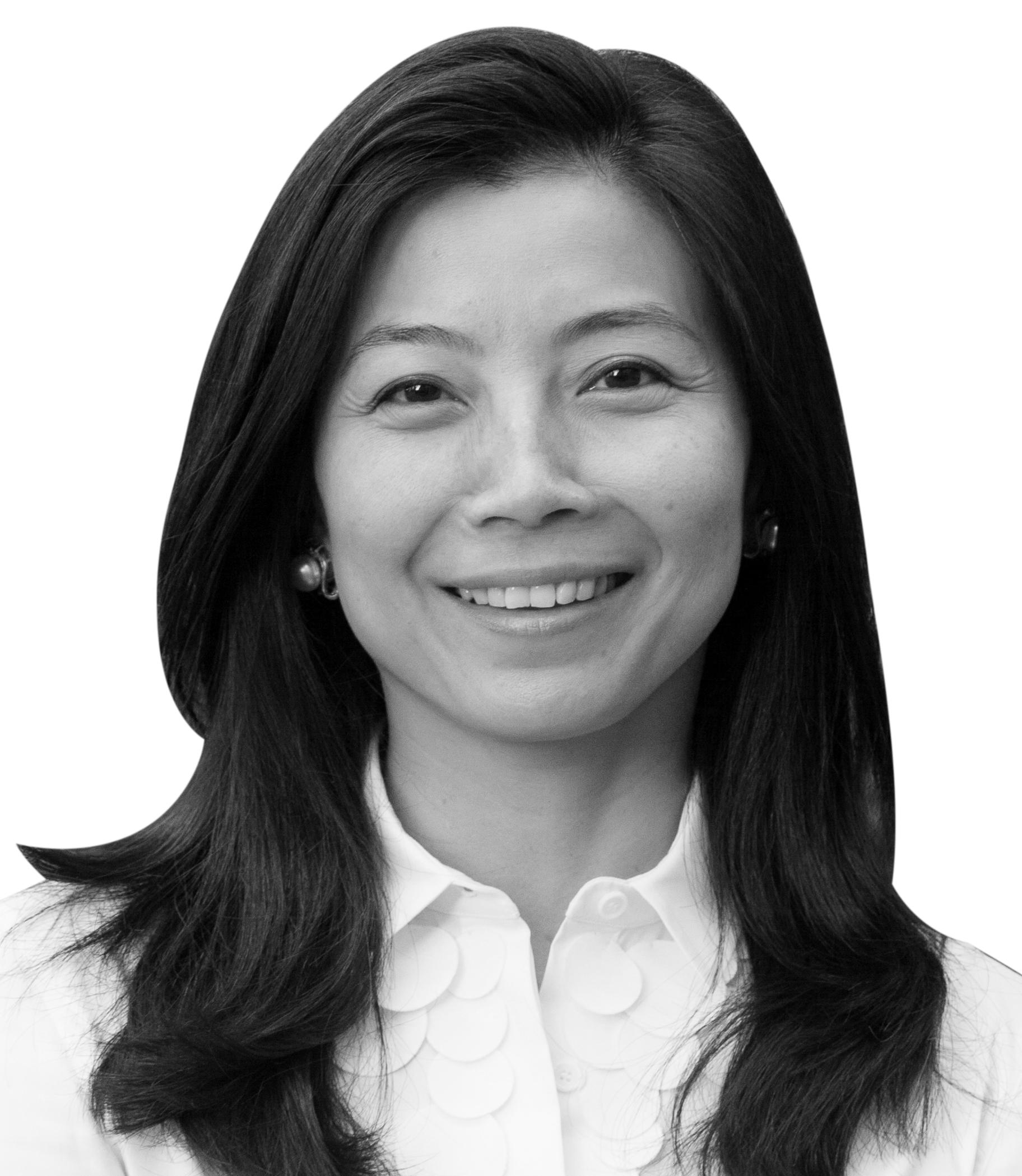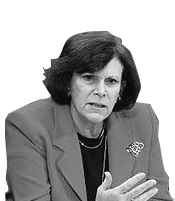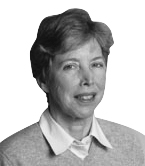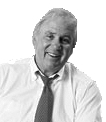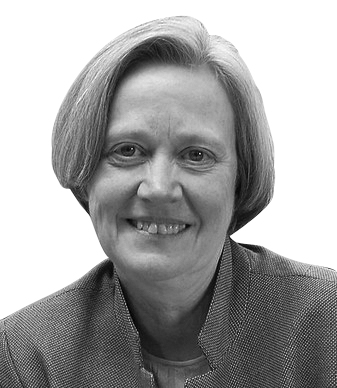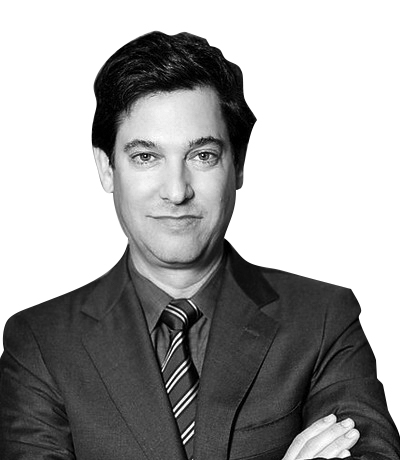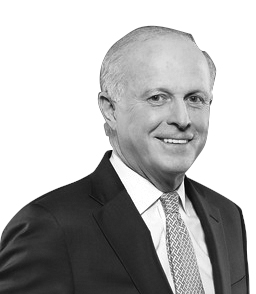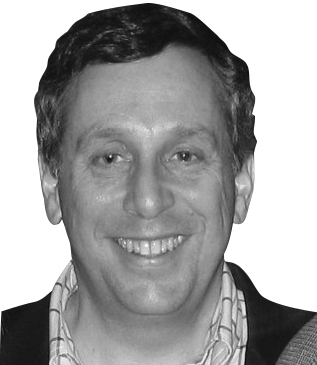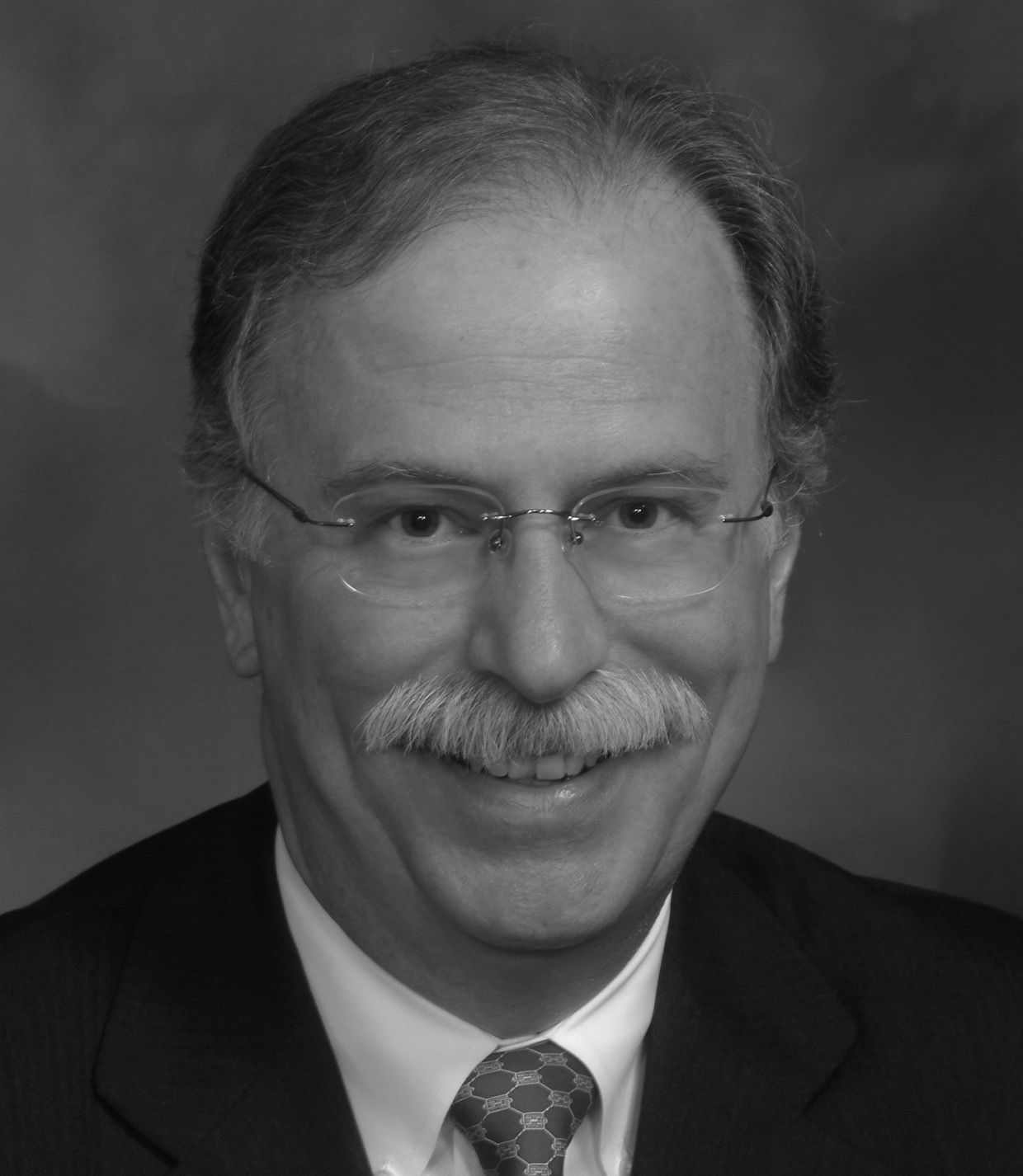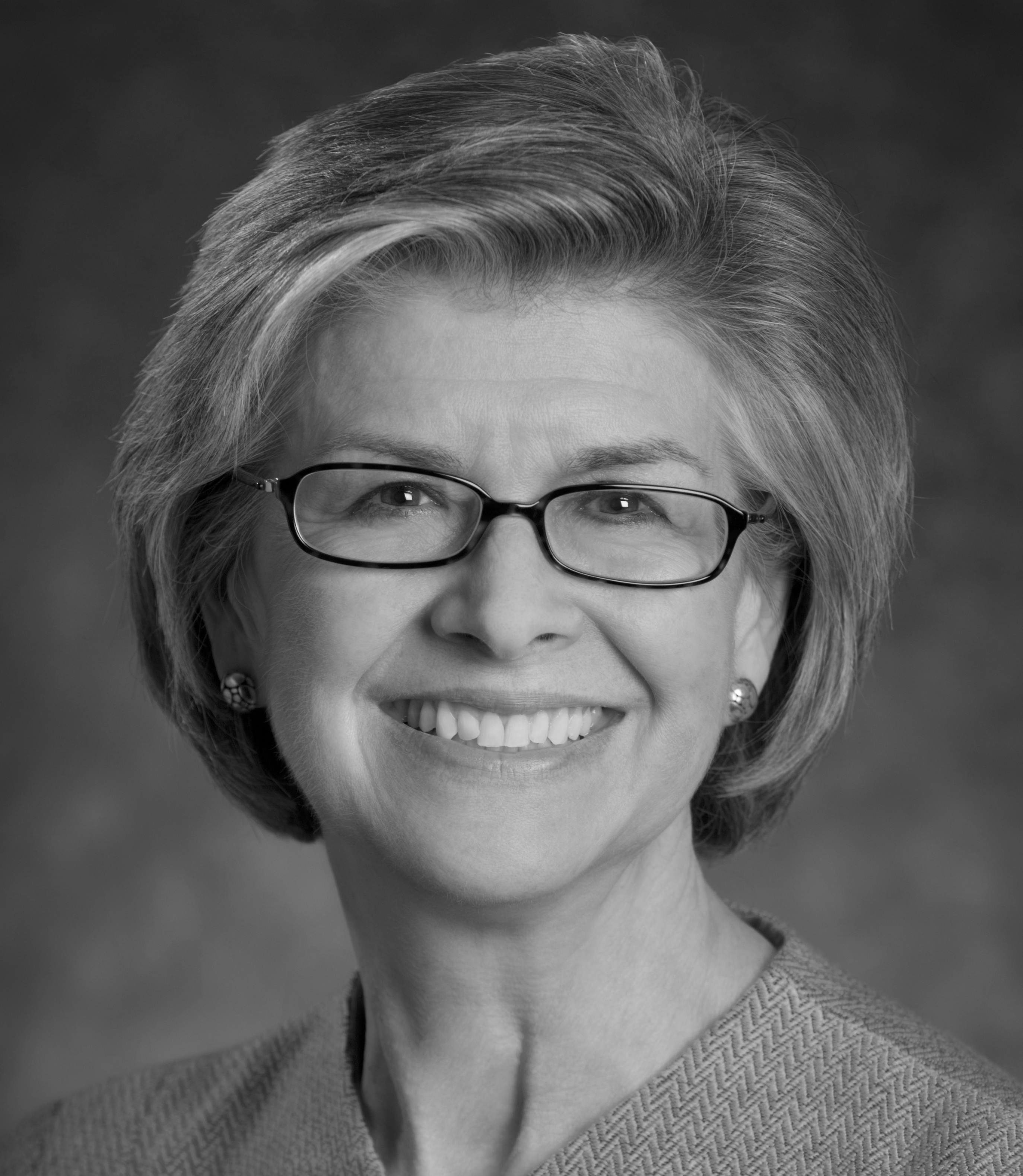15 people will select Harvard’s next president. The Crimson explores their backgrounds, careers, and priorities—and what they say about the future of the University. Click on members of the search committee throughout the story to learn more.
In early 2007, the search committee was at a crossroads. After months of flying across the country to court potential candidates for higher education’s most coveted job, the nine people searching for Harvard’s 28th president had two paths before them.
They could place a leading scientist at the helm of the University at a time when Harvard was expanding into Allston to grow its engineering and science programs. Or they could select a dean from within, an award-winning historian who had already turned down top jobs at universities across the country.
The margin of error was slim. Lawrence H. Summers’s presidency had imploded after only five years—the shortest presidency since the Civil War—once the Faculty of Arts and Sciences voted they had no confidence in his leadership. This choice would have to be the right one.
In late January 2006, the decision became simpler when chemist Thomas R. Cech dropped out of the race. Within weeks, the committee made its choice: Harvard’s next president—the first woman to ever hold the position—would be Drew G. Faust.
The committee’s selection set into motion initiatives that defined the next decade of life at Harvard: Faust united Harvard’s schools under the banner “One Harvard,” scrutinized the institution’s history and legacy of slavery, and led the University to break higher education records with a capital campaign that has so far raised $8 billion thus far.
Now, as Faust prepares to step down in June 2018, a new and expanded group of academics, lawyers, and business magnates will once again make a decision that will shape the lives of thousands of Harvard students, faculty, and staff over the next decade. Diverse in their backgrounds, the 15 search committee members’ priorities will soon become the priorities for the oldest university in North America—and, to some extent, for American higher education.
“In many ways there is no more visible job in academia than being president of the University. It’s a platform and a pulpit,” said Seth Farber ’86, an alumnus and prominent donor.
'Same Set of Broad Goals in Mind'
William F. Lee ’72, the senior fellow of the Harvard Corporation, keeps a low profile. An intellectual property lawyer for WilmerHale in Boston, he is far less visible on campus than Faust. Many students on Harvard’s campus would not likely know his name.
But as the chair of the committee selecting one of the most important people in American higher education, Lee enjoys broad influence over Harvard’s future. One of the two members of the current search committee who helped select Faust in 2007, Lee plans to find a candidate who will continue many of Faust’s major initiatives even as the nature of the job has changed in the last decade.
- Senior Fellow of the Harvard Corporation and chair of presidential search committee
- Served on the committee that selected Faust in 2007
- Intellectual property lawyer in Boston
When Lee joined the Corporation in 2010, the Western Hemisphere’s oldest corporation was changing for the first time in centuries. For the first 360 years of Harvard’s history, that body consisted of six people, plus the president.
But after the 2008 financial crisis, critics castigated the Corporation for a lack of transparency and accountability—so in 2010, members decided to overhaul the body’s structure and membership requirements. The group doubled in size to 12 members and instituted term limits, among other reforms.
Lee was one of the first members of the expanded Harvard Corporation. And it now falls to him to guide the changed body through its first presidential search. Fifteen people—the 12 members of the Corporation and three Overseers— are serving on this presidential search committee, a dramatic expansion for Harvard, but a number roughly matching peer institutions.
Thirteen of those people assumed their roles under Faust. The self-selecting group has both shaped and been shaped by Faust’s policies and approach to governance, and Lee says a sea change in institutional leadership is unlikely.
“Our expectation is that the new president will have the same set of broad goals in mind, and that as a consequence new and better policies might be developed, but it’s likely that the policies that she’s put in place will continue,” he said.
Among those goals is a controversial policy on single-gender social organizations, which Lee said Faust’s successor is likely to keep. But Faust says the Corporation has supported much of her agenda throughout her tenure.
“I’ve worked very closely with the members of the Corporation, and the agenda items I’ve pursued have had their support and I’ve felt very affirmed by the Corporation,” Faust said in September. “Things that we’ve worked on like One Harvard I think are issues that they continue to regard as important ones, and so I think that there will be continuities.”
While Harvard affiliates can expect some degree of continuity, Corporation member Susan L. Graham ’64 said the search committee is not looking for a carbon copy of Faust.
“I don’t think the next president is going to be a clone of Drew, in the sense that an institution always benefits from some amount of change,” she said.
Faust said the search committee and whoever they choose as her replacement will need to determine the direction and scope of changes.
“I welcome that set of fresh eyes and fresh perspectives and new energy, and will be happy to see that happen,” she said in September.
'Thought Leaders'
When Kathryn A. Moler joined Stanford’s search committee two years ago, she knew it’d be a time-consuming task. In addition to her search responsibilities, Moler, a physics professor, also presided over Stanford’s Faculty Senate that fall.
She became used to waking up at 7 a.m. on weekends for search-related work lasting until 5 pm, and personally went on four trips, she said, “to talk to people who might be candidates, who might not be candidates, but just people who were generally thought leaders.”
- Member of the Harvard Corporation and major donor to the University
- Well-connected Boston businessman with extensive ties to the city
When it comes to interviewing “thought leaders,” it helps to know prominent individuals in business, academia, politics, science, and other industries. Harvard Corporation member Karen G. Mills, for instance, will be able to tap into a “tremendous network,” having been involved with the private sector, government and academia, according to Business School professor Ramana Nanda.
What Graham called “information-gathering mode,” though, is soon coming to a close. The search committee is currently winnowing a list of nearly 700 unique nominations and expects to enter “phase two” of the search by the end of December, Lee said.
Lee has been tight-lipped about naming specific candidates, but several prominent donors and professors at Harvard told The Crimson last month that Harvard Business School Dean Nitin Nohria, Government professor Danielle S. Allen, Dean of the Faculty of Arts and Sciences Michael D. Smith, and University Provost Alan M. Garber ’76 are likely internal candidates.
Some of the brightest minds in politics, academia, and technology will join prominent businesspeople on this year’s search committee. Each member brings a different set of skills to the table, as well as a different grasp of Harvard’s priorities.
For Joseph J. O’Donnell ’67, a prominent Boston businessman from a working-class family, one of those priorities might be financial aid. Over the years, he has worked to make sure finances are not a barrier to a Harvard education. Private equity titan David M. Rubenstein, the Corporation’s newest member, also sees financial aid and diversity as priorities, friends and associates say.
Another businessman on the job, Kenneth I. Chenault, will be wrapping up a 16-year tenure as CEO of American Express, and will likely have an eye for financial acumen in potential candidates. Harvard is finishing up a year of “disappointing” 8.1 percent in fiscal year 2017, and will need a leader who understands the CEO side of the job.
Tracy Palandjian ’93, Jessica Tuchman Mathews ’67, and Jim Breyer will likely look for a candidate with a global perspective.
And prominent academics will know what it takes to succeed at an academic institution where professors and students are not afraid to loudly—and sometimes acrimoniously—protest their president. Shirley M. Tilghman joined the Corporation after serving as president of Princeton, Bacow has served as both the chancellor of MIT and the president of Tufts University, and Graham has spent her career as a computer scientist at University of California Berkeley.
Their range of backgrounds will enable search committee members to size up candidates’ aptitude for various aspects of an increasingly complex job. But in a recent interview, Lee said members aren’t primarily looking for hard skills.
“I actually look back 11 years and think about when we selected Drew, and you think about trust, integrity, communication, intellectual curiosity, the ability to grow—it’s what made her successful. So that’s been an important part of the process for me,” Lee said.
Aside from recurring meetings, part of the task is gathering information from the wider higher education world. Oftentimes, candidates interviewed by members of the committee are unaware that they are being considered for the job.
Fortunately for Harvard, the collective reach of the search committee makes for a lengthy Rolodex—the committee members are spread out across New York, Washington, D.C., Chicago, Boston, and San Francisco. But personal relationships with candidates don’t necessarily mean they’ll end up taking the job.
'Encompass a Whole Presidency'
Faust took office in July 2007, the same week the iPhone hit stores. The small, rectangular device would usher in a new era of connectivity and constant information flows—and with them, dramatic changes to Faust’s job description.
“The explosion of social media, that 24/7 news cycle, the changes in the news, just what’s happened to newspapers since I became president is remarkable in itself,” she said in September. “It means that we have to be responsive every minute of every day.”
- Member of the Harvard Corporation and University Treasurer
- CEO of private equity firm based in Chicago
- Vocal supporter of the College's penalties on single-gender social organizations
The presidency has always been a public-facing role. But in the age of social media and Trump, Faust has faced increasing scrutiny from around the world and pressure to take a public stance. The Harvard name makes for good headlines, Faust said, and news outlets are quick to cover and critique her actions.
The uptick in press coverage has “made a huge impact” on the president’s role, she said. Her successor must be willing to speak on behalf of global higher education, and take the heat from pundits and politicians who disagree.
And since President Donald Trump’s election last year, the job has only continued to change. As Trump and Republican lawmakers have taken aim at several key University priorities, including research funding and programs supporting undocumented students, Faust has had to step up her own advocacy. Traveling to Washington several times each semester and writing letters to lawmakers have become part of her routine.
“A whole question of what higher education is, why higher education’s important, why intellectual endeavours are important beyond Harvard is a big issue,” Lee said. “And that makes the president really important.”
As changes in federal funding threaten Harvard’s bottom line, an underperforming endowment will only further complicate the position. As the head of an institution with an endowment larger than the GDP of some countries, Harvard’s president increasingly resembles a CEO, Lee said last spring.
Finding someone ready and willing to be a spokesperson, political advocate, CEO, and respected leader in academia is a daunting task—and one that Lee has acknowledged is near-impossible.
“The truth of the matter is there's no one person who could ever do everything that we want the Harvard president to do, and an important perspective I think that the search committee has right now is we recognize that today, for Harvard, as big as it is, as extensive as it is, it really is the President and Provost, the deans, as a team—they’re going to collectively get us to the best place we can,” Lee said.
But a preference for candidates with experience in academia has not changed since Faust took office. Faust, who taught history for many years before becoming dean of Radcliffe, said her own academic background has strengthened her relationships with faculty members during her tenure.
“I would say in my case it’s been really helpful to have the kind of respect from the faculty that they have for me because I’m an academic,” she said. “I wouldn’t say that faculty respect couldn’t be generated in other ways; I think that would be something the search committee would have to assess. You certainly would want the faculty to respect the president, so the search committee needs to ask, ‘what does that take?’”
Once the search committee pares down its shortlist, convincing academics to leave behind labs or libraries for the job may prove challenging. Former University President Derek C. Bok thinks the position now “might be somewhat less desirable to some people.”
“I can assure you there is no end of candidates with experience in higher education who would be happy to become president of Harvard,” he said. “It might be a harder job persuading certain kinds of candidates who were very attracted to their own teaching and scholarship and did not want to leave that to become an administrator.”
But it’s a pitch the search committee has always been able to pull off in the past.
Ten years ago, Faust took to the podium at Tercentenary Theatre on a rainy October day to articulate her vision for Harvard. “I stand honored by your trust, inspired by your charge,” she told thousands assembled before her.
“This is a moment that is meant to encompass a whole presidency—a decade, say—of what I think is important and the values that are going to motivate me and shape every single thing I do,” she told The Crimson the evening before.
That decade is drawing to a close, and whoever the search committee picks will soon take their turn at the podium to shape another presidency—and launch a new decade in Harvard’s history.
—Staff writer Claire E. Parker can be reached at claire.parker@thecrimson.com. Follow him on Twitter @ClaireParkerDC.
—Staff writer Leah S. Yared can be reached at leah.yared@thecrimson.com. Follow her on Twitter @LeahYared.
Online Design by Nathan A. Cummings, Akhil S. Waghmare, Jessica M. Wang, and Brandon A. Wright.
